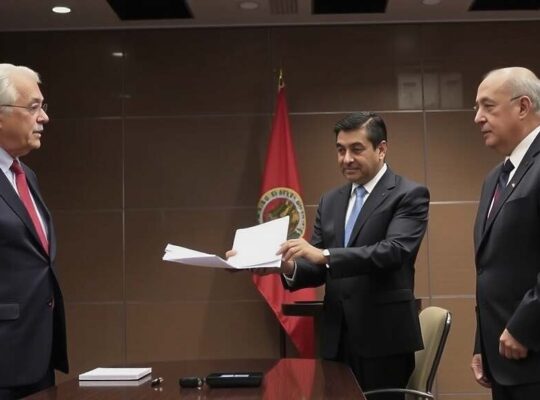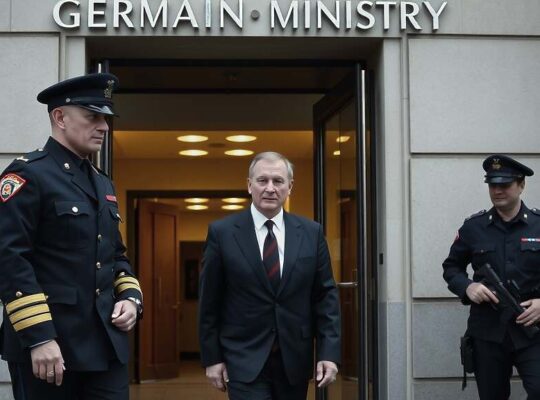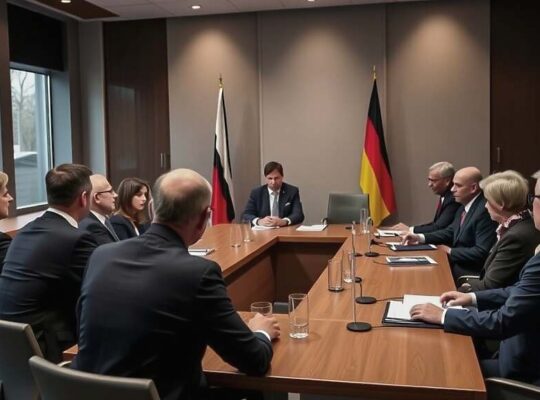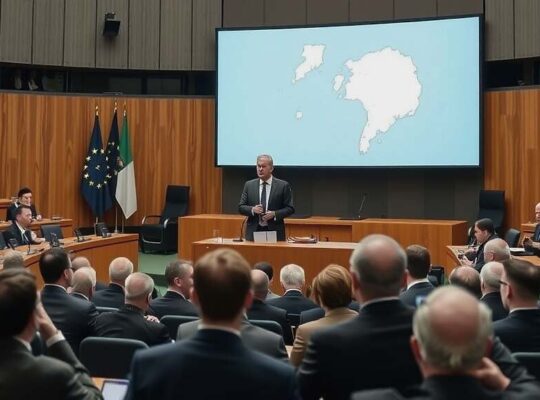Defense Minister Boris Pistorius has publicly rebuked accusations of undermining a cross-party agreement regarding a tiered conscription model, sparking a tense standoff within the German government. In an interview with “Tagesspiegel”, Pistorius vehemently denied accusations of sabotage leveled by CDU/CSU parliamentary group deputy leader Norbert Röttgen, asserting he was not acting “destructively.
The controversy stems from preliminary negotiations between the ruling SPD and the opposition CDU/CSU regarding the potential reinstatement of conscription in a modified form. Pistorius expressed deep reservations about substantive alterations being implemented before the official introduction of his draft legislation to the Bundestag. He emphasized that these concerns have been consistently raised, not recently articulated.
Central to Pistorius’s opposition are two critical components of the proposed framework. Primarily, he underscored the necessity of comprehensive fitness assessments intended to be implemented nationwide beginning in 2027. This provision is reportedly absent from the current compromise, which envisions only a fraction-around a few thousand-of the potential pool of roughly 300,000 young men being assessed annually. Pistorius argued that this truncated assessment process would severely limit the Bundeswehr’s ability to accurately gauge the overall physical preparedness of potential conscripts in a crisis.
Furthermore, he questioned the efficiency of requiring the Bundeswehr to proactively engage in recruitment efforts for each individual selected for assessment, warning of a considerable waste of time and resources.
The disagreement highlights a significant ideological clash within German politics. While the cross-party agreement seemingly sought a compromise to address concerns about manpower shortages within the Bundeswehr, Pistorius’s vehement objections suggest a deeper disagreement regarding the fundamental principles underpinning the potential reinstatement of conscription and its ultimate effectiveness in bolstering national security. Analysts interpret Pistorius’s stance as a deliberate attempt to maintain crucial elements of his initial proposal, signaling a potential power struggle between the Ministry of Defense and other parliamentary factions and raising questions about the future trajectory of defense policy in Germany.












